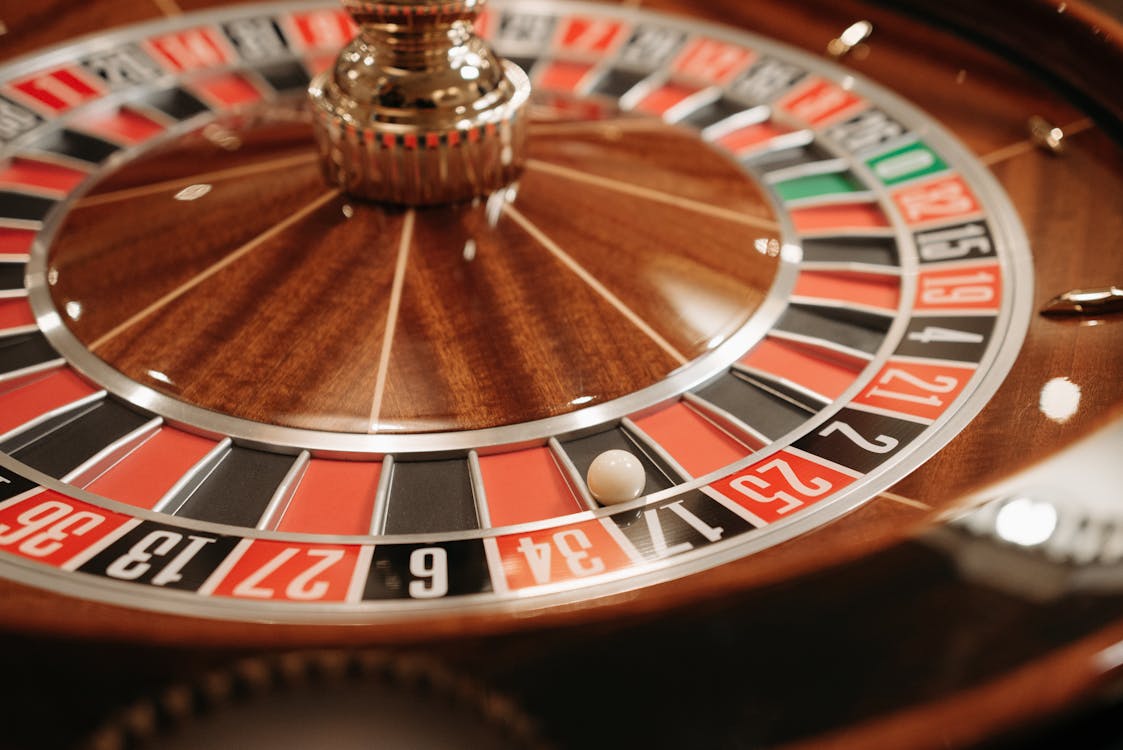Gambling involves placing a bet on a game of chance for a prize that can range from a small amount of money to a life-changing jackpot. As you gamble, your brain releases a chemical called dopamine that motivates you to take risks.
But if you’re gambling regularly, it can lead to addiction and other problems https://safecasinos.ie/responsible-gambling/how-does-gambling-affect-your-brain/. Learn how does gambling affect your brain and how to prevent compulsive behavior.

Dopamine Releases
The brain's reward system plays an important role in gambling addiction. The excitement and anticipation of possible rewards trigger the release of dopamine, a neurotransmitter that creates pleasure and reinforces behaviors.
Studies show that dopamine levels are higher in people with gambling disorders. This may suggest that people with gambling problems have more active dopamine receptors, or that the dopamine they experience is stronger or lasts longer than in healthy individuals.
Repeated exposure to gambling and uncertainty changes the way that the brain responds to risk. It's thought that this happens in the nucleus accumbens, a brain region involved in processing reward and emotion, but more research is needed to understand exactly how gambling affects the brain and why some people develop gambling addictions. It's also possible that some people are genetically predisposed to thrill-seeking behaviors and impulsivity. These factors, along with social and psychological stress, can make someone more susceptible to gambling addiction. Having access to money or other assets can also be a risk factor.
Mood Changes
Gambling causes a variety of mood changes in the brain. The anticipation of winning releases dopamine, which triggers feelings of excitement and pleasure. In people vulnerable to gambling addiction, these feelings of pleasure and reward can trigger a vicious cycle in which they continue to gamble despite serious consequences.
Problem gamblers also tend to have smaller volumes in the amygdala and hippocampus, two regions that help regulate emotion and stress. This may explain why it’s harder for them to resist temptation and stop gambling.
Compulsive gambling can lead to health problems ranging from lack of sleep and stress to heart disease. In addition, it often leads to large debts that can cause severe financial difficulties. Fortunately, treatment is available. Cognitive-behavioral therapy and support groups such as Gamblers Anonymous can help people overcome gambling addiction. Medications like SSRIs can treat underlying mental health issues that might contribute to gambling disorder. Lastly, it’s important to address the root causes of gambling behavior by tackling underlying mental health issues and finding healthy ways to manage stress.
Addiction
Gambling activates the brain’s reward circuitry and triggers a release of dopamine in the ventral striatum. This neurotransmitter is a major reason why gambling can become addictive. People who develop a gambling addiction may find it difficult to stop, even after experiencing a series of losses. This happens because their brains have developed a tolerance for the dopamine released by gambling, and they need to increase their bets or take bigger risks to feel the same high.

Researchers have found that long-term gambling can lead to changes in the brain’s reward system and affect the prefrontal cortex, which controls decision-making. These changes can impact a person’s ability to make sound decisions and may contribute to their addiction.
Although many people who gamble do not have a problem, some develop an addiction that can cause serious financial and psychological distress. Fortunately, treatment is available. Research has shown that cognitive-behavioral therapy is effective in reducing gambling behaviors.
